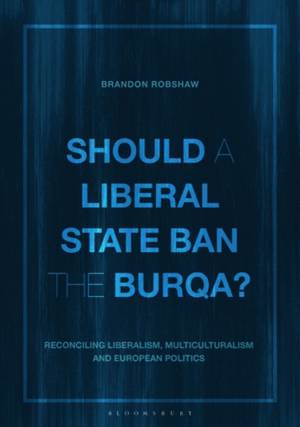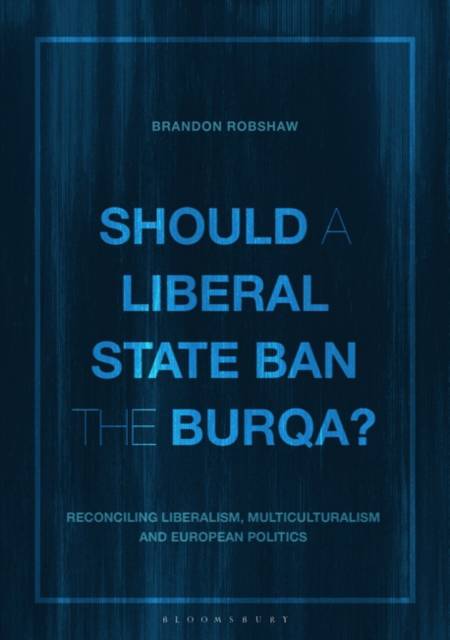
- Afhalen na 1 uur in een winkel met voorraad
- Gratis thuislevering in België vanaf € 30
- Ruim aanbod met 7 miljoen producten
- Afhalen na 1 uur in een winkel met voorraad
- Gratis thuislevering in België vanaf € 30
- Ruim aanbod met 7 miljoen producten
Zoeken
Should a Liberal State Ban the Burqa?
Reconciling Liberalism, Multiculturalism and European Politics
Brandon Robshaw
Hardcover | Engels
€ 254,45
+ 508 punten
Uitvoering
Omschrijving
Debates about whether the Wahhabist practice of face-veiling for women should be banned in modern liberal states tend to generate more heat than light. This book brings clarity to what can be a confusing subject by disentangling the different strands of the problem and breaking through the accusations of misogyny and Islamophobia.
Explaining and expounding the ideas of giants of the liberal tradition including Locke, Mill, and Rawls as well as contemporary thinkers like Nussbaum, Kymlicka and Oshana, the book considers a variety of conceptions of liberalism and how they affect the response to the question. Directly addressing issues facing many of today's societies, it unpicks whether paternalism on grounds of welfare can be justified within liberalism, the value of personal autonomy and the problem of whether a socially influenced choice counts as a genuine preference. Covering the role of multiculturalism, gender issues and feminism, this comprehensive philosophical study of a major political question gets to the heart of whether a ban could be justified in principle, and also questions whether any such ban could prove efficacious in achieving its end.Specificaties
Betrokkenen
- Auteur(s):
- Uitgeverij:
Inhoud
- Aantal bladzijden:
- 264
- Taal:
- Engels
Eigenschappen
- Productcode (EAN):
- 9781350125056
- Verschijningsdatum:
- 11/06/2020
- Uitvoering:
- Hardcover
- Formaat:
- Genaaid
- Afmetingen:
- 156 mm x 234 mm
- Gewicht:
- 539 g

Alleen bij Standaard Boekhandel
+ 508 punten op je klantenkaart van Standaard Boekhandel
Beoordelingen
We publiceren alleen reviews die voldoen aan de voorwaarden voor reviews. Bekijk onze voorwaarden voor reviews.








